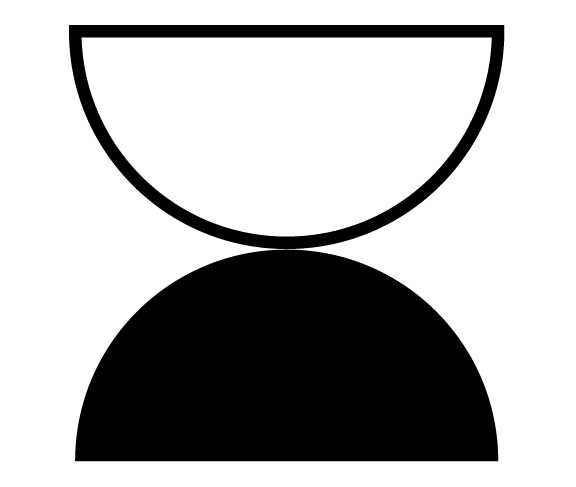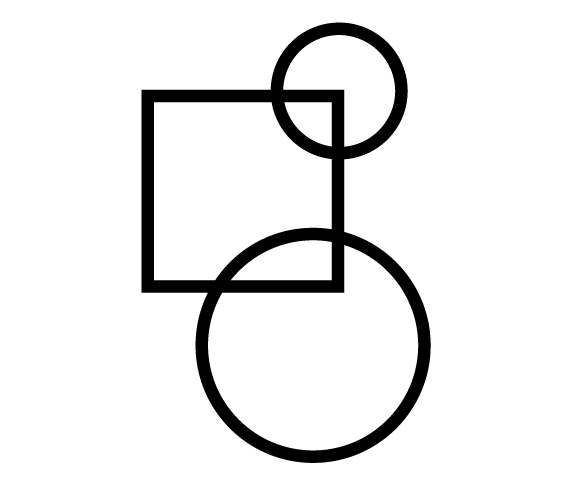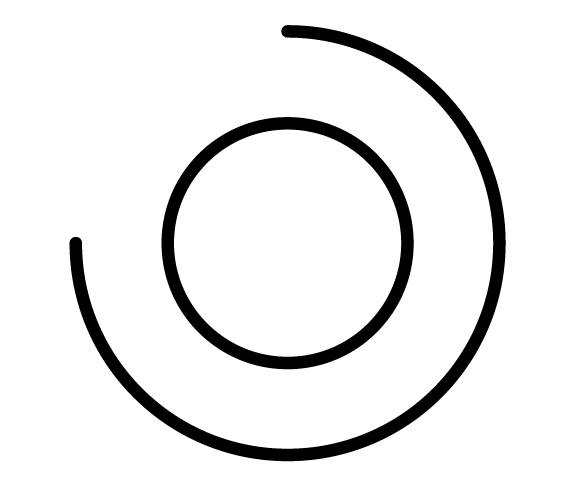Integrative approach
An integrative approach allows for the flexible inclusion of a range of methods and tools from different therapy and organizational theory schools of thought. According to individual needs, which naturally will vary over time. In both my clinical and organizational work, I have an integrative affect-focused psychodynamic approach; heavily influenced by both mentalization based therapy and in part modern cognitive behavioural approaches.

Attachment Focus
understanding how attachment formed in important early relationships have impacted the relationships formed later in life and allow the exploring and mourning of fears and disappointment experienced then and now, creating a sense of security and self-reliance

Mentalisation and
Reflective Functioning
the essential capacity to understand behavior – one’s own and others – by understanding the underlying mental states, emotions and intentions of both. This process (mentalization) is essential in building solid relationships and dealing with conflicts

Affect-focus
the underlying ability to acknowledge, experience, express and manage all kinds of emotions, resulting in adaptive feelings (relevant to the situation and tolerable to the person)

Behavioural Skills Focus
encouraging effective, non-evasive behaviours to deal with challenges and set-backs in life, through realistic reflecting on the doing rather than on the thinking

Self-compassion
through the trusting relationship with the therapist being able to recognize, investigate, acknowledge and accept own shame and bring into conscious awareness thoughts and feelings about self and others previously withheld, creating a sense of contentedness and connectedness with others

Cognitive Strategies
strategies to help recognize and challenge acquired patterns of thinking that might trigger negative or unproductive feelings or behaviours
For mental health emergency help and further assistance, go to
1177





